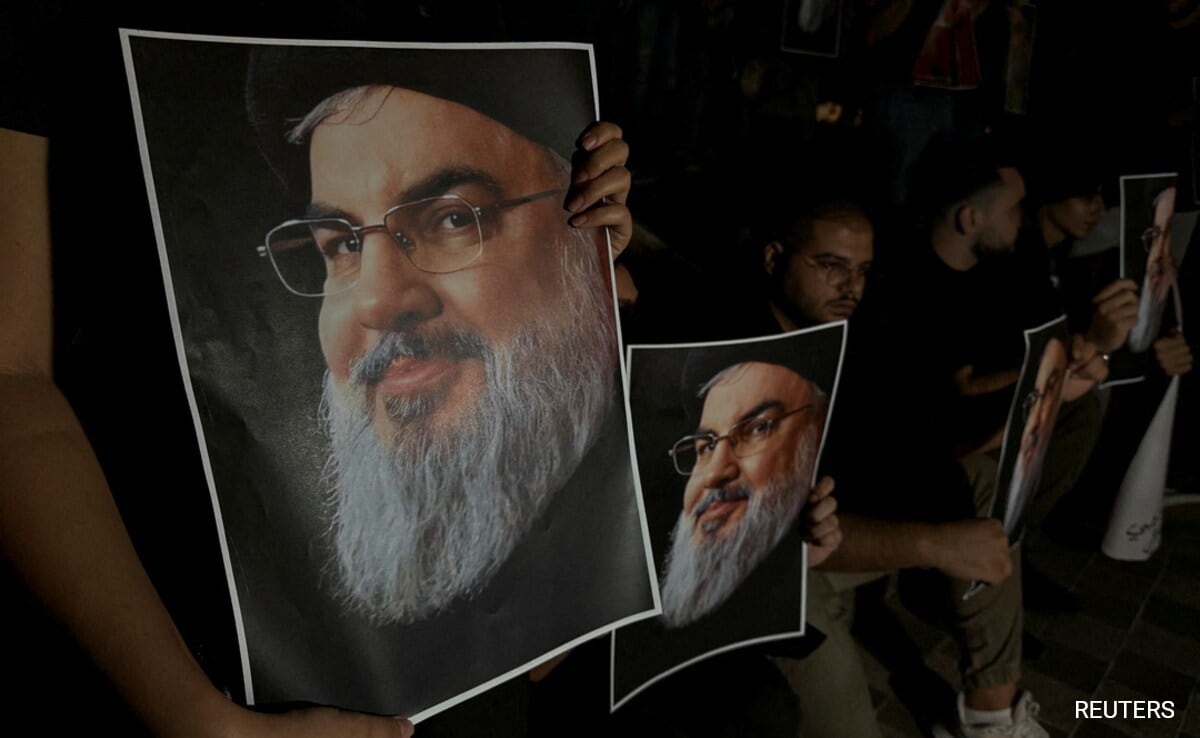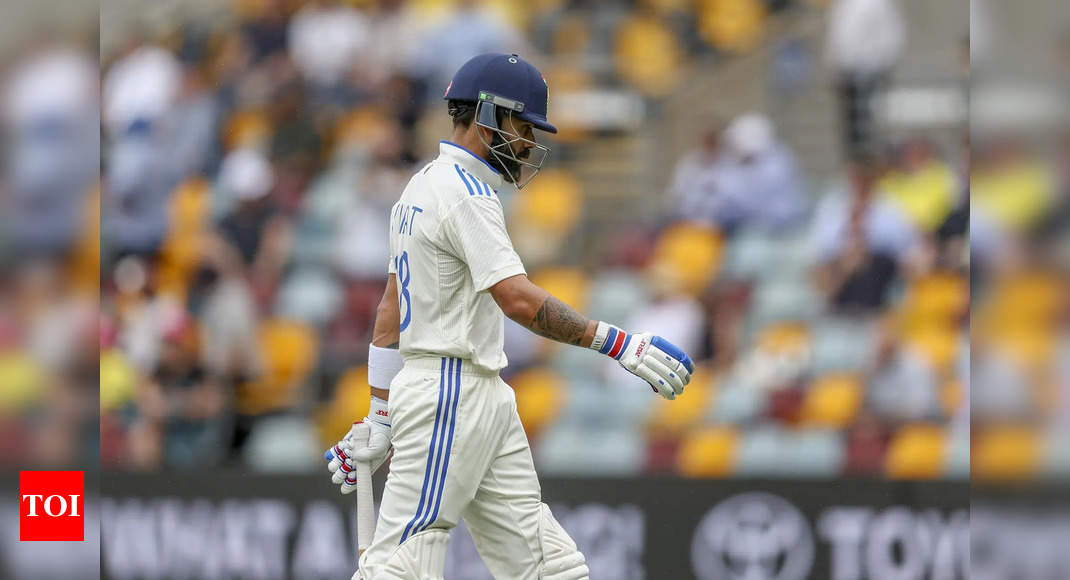
Beirut, Lebanon:
Lebanese militant group Hezbollah on Sunday aired an audio recording of its slain leader Hassan Nasrallah just over two weeks after an Israeli air strike killed him in southern Beirut.
“We count on you… to defend your people, your families, your nation, your values and your dignity, and to defend this holy and blessed land and this honourable people,” said Nasrallah, who was killed on September 27, in a recording it said was made as he addressed the Iran-backed group’s fighters during a military manoeuvre.
Many other senior commanders of the movement have also been killed.
The Israeli military said about 115 projectiles fired by Hezbollah had crossed into Israeli territory by Sunday afternoon.
A Hezbollah fighter was captured emerging from a tunnel in south Lebanon on Sunday, Israel’s military said, the first such announcement since the start of the ground offensive.
‘Shocking violations’
United Nations peacekeepers on Sunday accused Israeli troops of breaking through a gate and entering one of their positions in south Lebanon.
It is the latest of several incidents the UNIFIL mission has reported since Thursday, leaving five Blue Helmets previously injured.
“At around 4:30 am, while peacekeepers were in shelters, two IDF (Israeli military) Merkava tanks destroyed the position’s main gate and forcibly entered the position” in the Ramia area, before leaving 45 minutes later, said the peacekeeping force (UNIFIL).
On Saturday, several kilometres (miles) to the northeast, Israeli “soldiers stopped a critical UNIFIL logistical movement near Mais al-Jabal, denying it passage”, it added.
“We have requested an explanation from the IDF for these shocking violations,” UNIFIL said.
The Israeli military later said a tank “backed several meters into a UNIFIL post” while “under fire” and attempting to evacuate injured soldiers.
Netanyahu had earlier on Sunday called on the UN chief to remove peacekeepers in southern Lebanon out of harm’s way, after the mission rejected requests to abandon their positions.
He said that the peacekeepers’ presence had “the effect of providing Hezbollah terrorists with human shields”.
Lebanese Prime Minister Najib Mikati condemned Netanyahu’s call, saying it “represents a new chapter in the enemy’s approach of not complying with international” norms.
UNIFIL, with about 9,500 troops, is in southern Lebanon under the longstanding UN Security Council Resolution 1701, which stipulated that only the Lebanese army and UN peacekeepers should be deployed in south Lebanon.
French President Emmanuel Macron on Friday called it “absolutely unacceptable” that UN troops are “deliberately targeted by the Israeli armed forces”.
Lebanon calls for ceasefire
Earlier Sunday Israeli warplanes also hit a 100-year-old mosque in the village of Kfar Tibnit near the border, NNA said.
“It was a significant place because families used to gather in the square right next to it (the mosque) on special occasions,” Mayor Fuad Yassin told AFP.
Hamas sparked the ongoing war in Gaza with the deadliest-ever attack on Israel on October 7, 2023, which resulted in the deaths of 1,206 people, mostly civilians, according to an AFP tally of official Israeli figures.
The number includes hostages killed in captivity.
The health ministry in Hamas-run Gaza says 42,227 people, the majority civilians, have been killed since Israel’s military campaign began there. The UN acknowledges these figures to be reliable.
In support of Hamas, Hezbollah started firing into northern Israel in October last year, triggering a near-daily exchange of fire until the war escalated in late September.
Netanyahu vowed to fight Hezbollah until Israelis displaced by the violence could return to their homes.
Since then, more than 1,200 people have been killed in Lebanon and a million others have been displaced, according to Lebanese officials.
Mikati said his government would ask the UN Security Council to issue a new resolution calling for a “full and immediate ceasefire”.
In a visit to Baghdad ahead of Israel’s expected retaliation for Iran’s October 1 missile attack on Israel, Iran’s top diplomat Abbas Araghchi on Sunday said Tehran was “fully prepared for a war situation”.
He added: “We do not want war.”
The Pentagon later said it would deploy a high-altitude anti-missile system and its US military crew to Israel to help the ally protect itself from potential Iranian attack.
In north Gaza, Israeli forces have for days essentially besieged an around Jabalia, with the UN agency for Palestinian refugees, UNRWA, saying the fighting was causing more suffering for hundreds of thousands of people trapped there.
“For over a week there has been no hope, no water and no means of life,” said local resident Muhammad Abu Halima, 40.
(This story has not been edited by NDTV staff and is auto-generated from a syndicated feed.)









